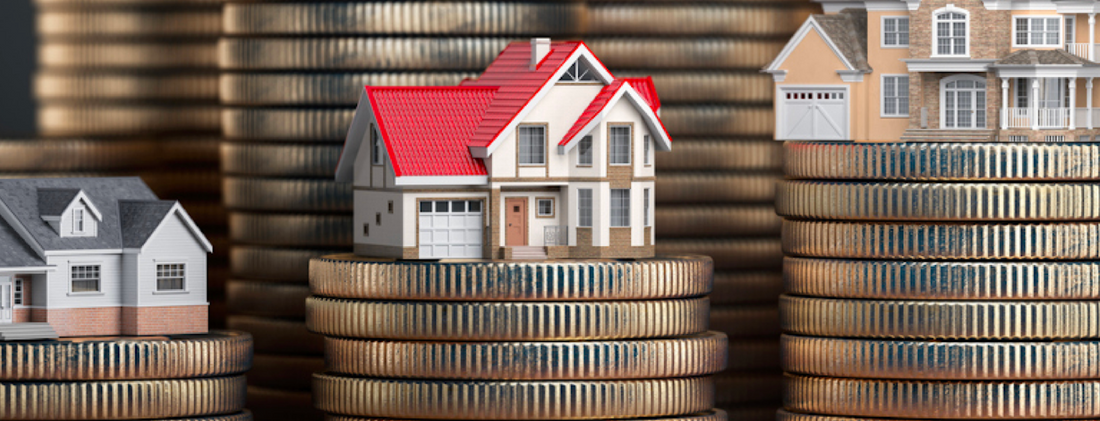
How an EPC Can Increase Your House Value
Share
When it comes to selling or improving your home, there are countless factors that can influence its value. From curb appeal to modern kitchens, homeowners often focus on visible upgrades. However, one often overlooked yet highly impactful factor is the Energy Performance Certificate (EPC). An EPC isn’t just a legal requirement for selling or renting a property—it’s a powerful tool that can significantly boost your home’s value. Here’s how.
What is an EPC?
An Energy Performance Certificate (EPC) is a document that rates the energy efficiency of a property on a scale from A (most efficient) to G (least efficient). It provides insights into how much energy your home consumes, its carbon emissions, and recommendations for improving energy efficiency. In many countries, including the UK, an EPC is mandatory when selling or renting a property.
But beyond compliance, an EPC can be a game-changer for your home’s marketability and value.
How an EPC Can Increase Your House Value
1. Attracts Energy-Conscious Buyers
With rising energy costs and growing environmental awareness, more buyers are prioritizing energy efficiency when searching for a home. A high EPC rating (A or B) signals that your property is cost-effective to run and environmentally friendly. This can make your home stand out in a competitive market, attracting buyers who are willing to pay a premium for a sustainable, energy-efficient property.
2. Reduces Running Costs
A home with a good EPC rating typically has lower energy bills due to better insulation, efficient heating systems, and modern appliances. Buyers are increasingly savvy about long-term costs, and a property that promises reduced utility expenses is inherently more valuable. By improving your EPC rating, you’re not just selling a house—you’re selling a cost-effective lifestyle.
3. Future-Proofs Your Property
Governments worldwide are introducing stricter energy efficiency regulations to combat climate change. For example, in the UK, there are proposals to require all rental properties to have an EPC rating of C or above by 2025. By improving your EPC rating now, you’re future-proofing your home against potential regulatory changes, making it more appealing to buyers and avoiding costly upgrades down the line.
4. Enhances Marketability
A high EPC rating can be a key selling point in your property listing. It’s a tangible metric that demonstrates your home’s efficiency and modernity. Estate agents often highlight EPC ratings in marketing materials, and a good rating can make your property more attractive to a wider audience, including eco-conscious buyers and investors.
5. Increases Perceived Value
Even if buyers aren’t explicitly looking for an energy-efficient home, a good EPC rating can positively influence their perception of your property. It suggests that the home is well-maintained, up-to-date, and equipped with modern features. This perceived value can translate into higher offers and a quicker sale.
How to Improve Your EPC Rating
If your home’s EPC rating is lower than you’d like, don’t worry—there are plenty of ways to improve it. Here are some cost-effective upgrades that can boost your rating and, in turn, your home’s value:
-
Insulation: Improve loft, wall, and floor insulation to reduce heat loss.
-
Double Glazing: Upgrade to energy-efficient windows to retain heat.
-
Heating Systems: Replace old boilers with modern, energy-efficient models.
-
Renewable Energy: Install solar panels or heat pumps to generate clean energy.
-
LED Lighting: Switch to energy-efficient LED bulbs throughout the house.
-
Smart Thermostats: Use smart technology to optimize heating and cooling.
Even small changes, like draught-proofing doors and windows, can make a noticeable difference to your EPC rating.
The Financial Benefits
Investing in energy efficiency isn’t just about attracting buyers—it’s also a smart financial move. According to a study by the UK’s Department for Energy Security & Net Zero, improving an EPC rating from D to C can increase a property’s value by up to 3%. For higher-rated homes (A or B), the increase can be even more significant. Additionally, many energy efficiency upgrades pay for themselves over time through reduced energy bills.
Conclusion
An EPC is more than just a piece of paper—it’s a reflection of your home’s energy efficiency and overall quality. By improving your EPC rating, you can make your property more attractive to buyers, reduce running costs, and future-proof your investment. In a world where sustainability and cost-efficiency are increasingly important, a high EPC rating is a surefire way to add value to your home.
So, whether you’re planning to sell or simply want to enhance your property, don’t underestimate the power of an EPC. It’s not just a rating; it’s an opportunity to unlock your home’s full potential.
